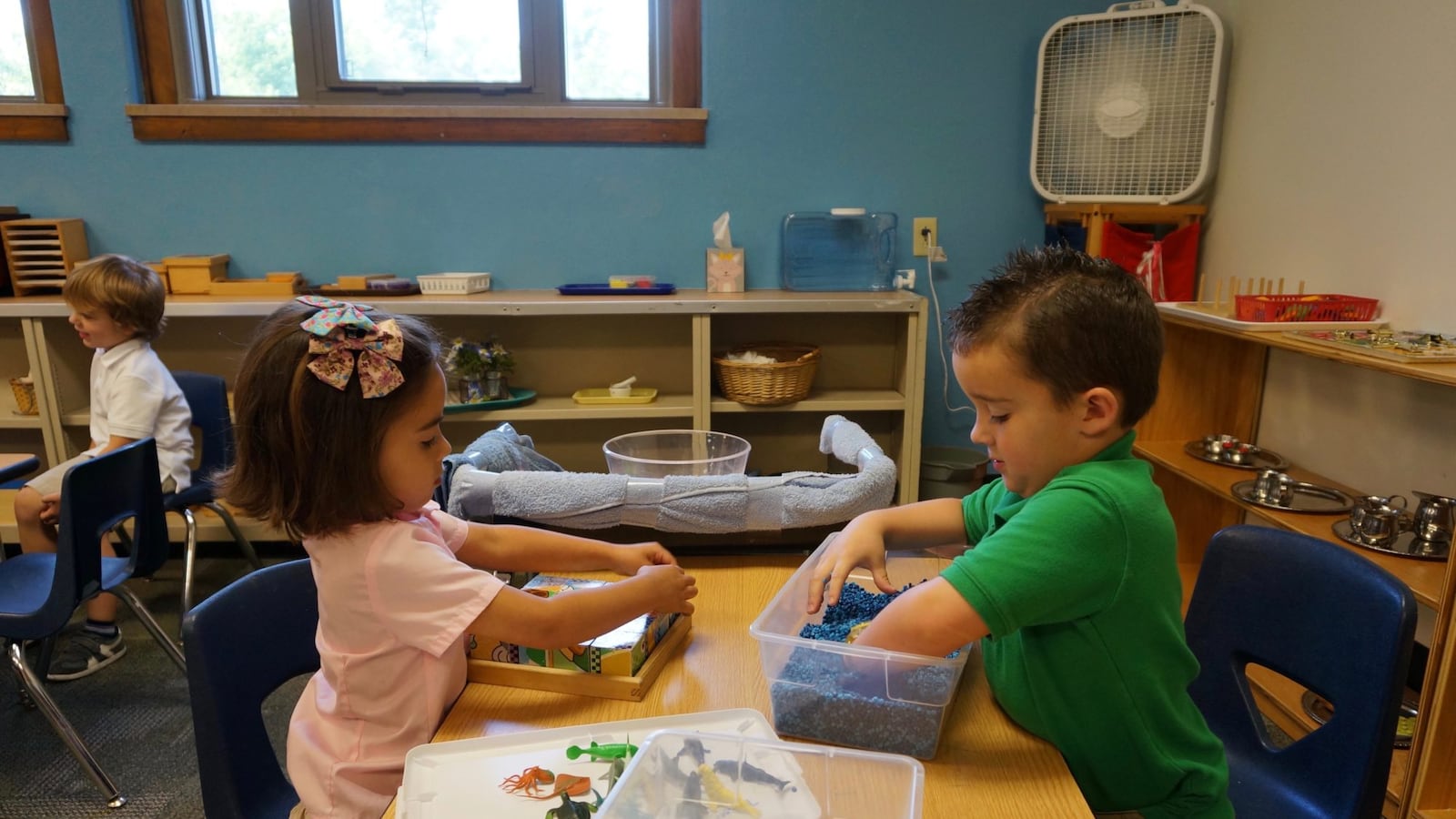An annual national report on preschool dumped Indiana from this year’s rankings, excluding the state’s fledging On My Way Pre-K program because of a controversial requirement that bars some families in need from signing up.
In order to qualify for Indiana’s prekindergarten vouchers, income-eligible parents must also be working, attending school, or seeking a job. Local early education advocates often tout the workforce benefits of Indiana’s pre-K program, which they say helps many parents maintain or seek jobs while their children are in school.
But that means “the primary purpose is not education,” said Steve Barnett, senior co-director of the National Institute for Early Education Research. Instead, the organization deems On My Way Pre-K to be a child care program.
“Child care programs can still provide education, of course,” Barnett noted in an email to Chalkbeat. But by drawing the line, NIEER’s annual “State of Preschool” report released Wednesday lists Indiana as one of just six states that does not fund a preschool program.
That’s a downgrade from last year, when Indiana ranked second-to-last in the nation for access to pre-K among states with programs.
The state added the work requirement in 2017 so it could commingle its pre-K dollars with federal child care funds. But last year, state lawmakers recognized the change posed a potential stumbling block, worrying it shut out otherwise eligible 4-year-old children being raised by grandparents or whose parents are unable to work because of disabilities.
This year, lawmakers are proposing a special carve-out to allow a limited number of those families to tap into pre-K vouchers. Officials are also poised to make the small-scale program available statewide, expanding eligibility while maintaining state funding at $22 million per year.
It’s not immediately clear how many more children could qualify for On My Way Pre-K if lawmakers approve the expansion plans. In 2017-18, On My Way Pre-K served 2,423 children, according to the national report. But the program isn’t at capacity — the challenges of introducing the vouchers in rural areas have left the state with millions in unused funds.
Across the nation, the NIEER report notes that progress on preschool has stalled and calls for renewed efforts to extend early childhood education to more children.

